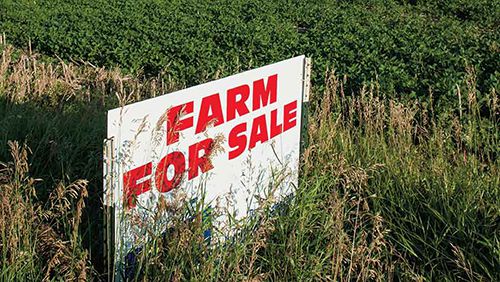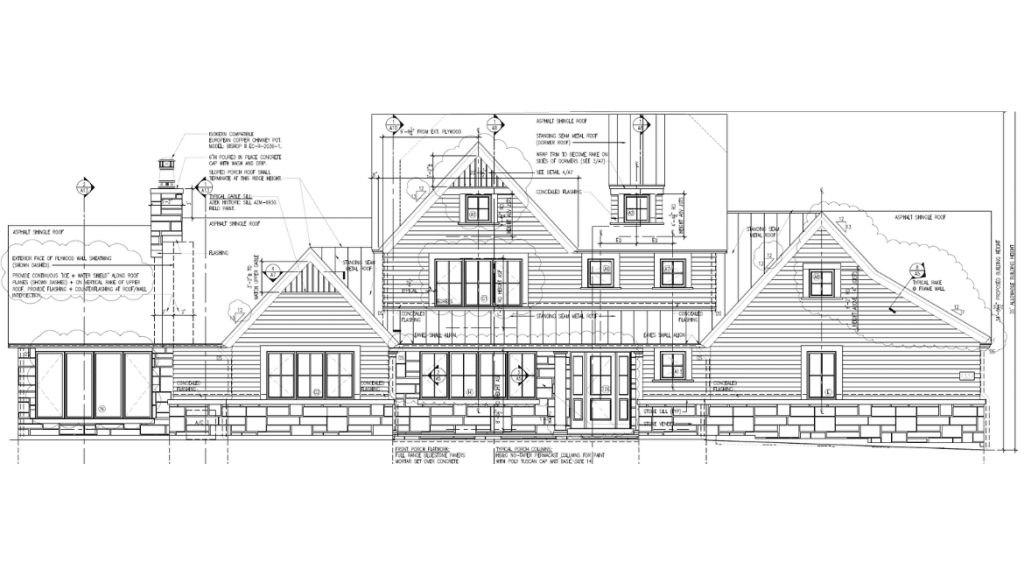
Freedom Mortgage Loss Draft Dept
## Navigating the Labyrinth: Understanding the Freedom Mortgage Loss Draft Department




Section One
Freedom Mortgage, one of the nation's largest mortgage lenders, handles a significant volume of loans. Inevitably, this leads to a substantial number of loans encountering difficulties, resulting in defaults and losses. The Freedom Mortgage Loss Draft Department plays a critical role in managing these situations, navigating a complex legal and financial landscape to mitigate losses and recover funds for the company. Understanding this department's functions is crucial for both borrowers facing foreclosure and investors interested in the mortgage-backed securities market.
Section Two
The Loss Draft Department's primary function is to manage the process of foreclosing on properties secured by defaulted mortgages. This involves a series of intricate steps, often requiring collaboration with multiple parties, including:
Section Three
* Borrowers: The department interacts with delinquent borrowers, attempting to work out workout plans, modifications, or short sales to avoid foreclosure. While this is often a last resort for the company, it can offer a better outcome for all involved, minimizing losses for Freedom Mortgage and preventing the potentially devastating consequences of foreclosure for the borrower. These interactions can range from amicable negotiations to more confrontational legal processes.




Section Four
* Law Firms: Freedom Mortgage utilizes a network of law firms specializing in foreclosure. These firms handle the legal complexities of the foreclosure process, ensuring compliance with state and federal laws. This often includes preparing and filing the necessary legal documents, navigating court proceedings, and managing the auction process. The relationship between the Loss Draft Department and these law firms is crucial for the efficient and legally sound handling of foreclosures.
Section Five
* Property Preservation Vendors: Maintaining vacant properties is critical to minimizing further damage and loss of value. The Loss Draft Department coordinates with property preservation vendors who handle tasks such as securing the property, performing routine maintenance, handling repairs, and mitigating potential environmental hazards. This is an essential part of managing the asset until it can be sold at auction.
Section Six
* Real Estate Agents: Once a foreclosure process is completed, the property must be sold. The Loss Draft Department works with real estate agents to market and sell the foreclosed properties, maximizing the return for Freedom Mortgage. The success of this sale directly impacts the company's overall losses.




Section Seven
* Investors and Securities Holders: In many cases, Freedom Mortgage doesn't hold the defaulted mortgages directly. Instead, the mortgages are bundled into mortgage-backed securities (MBS) and sold to investors. The Loss Draft Department needs to coordinate with these investors and securities holders to ensure transparency and compliance throughout the loss recovery process. Accurate reporting on losses and recovery efforts is crucial for maintaining investor confidence.
Section Eight
The department's processes are generally structured around a well-defined workflow:
Section Nine
1. Identification of Default: When a mortgage becomes delinquent, it triggers a series of alerts and flags within Freedom Mortgage's systems. This triggers initial communication with the borrower and sets in motion the processes within the Loss Draft Department.



